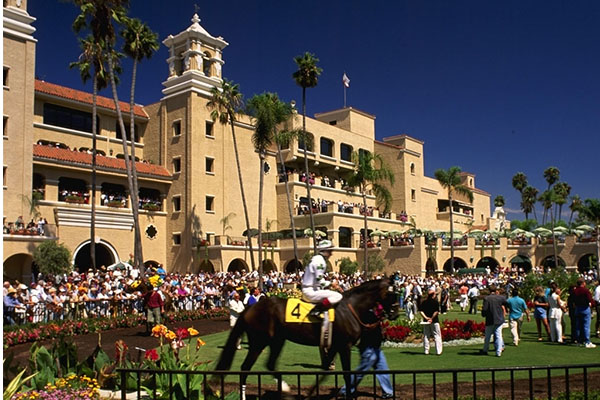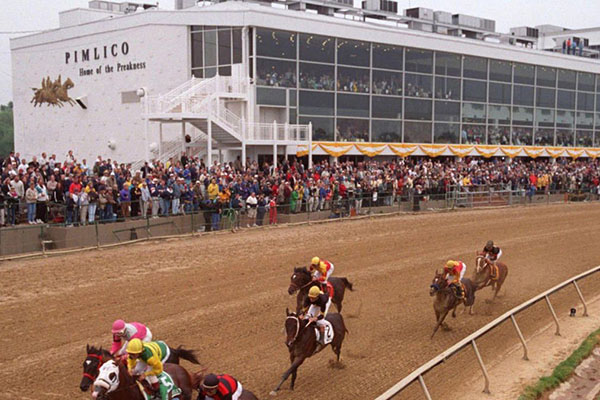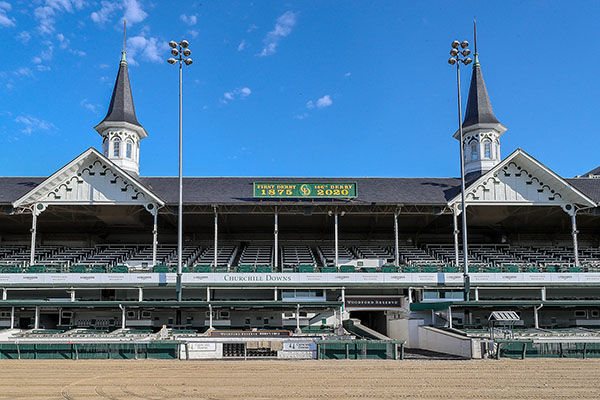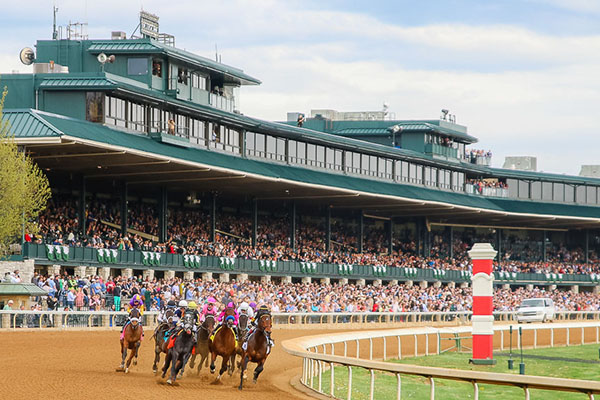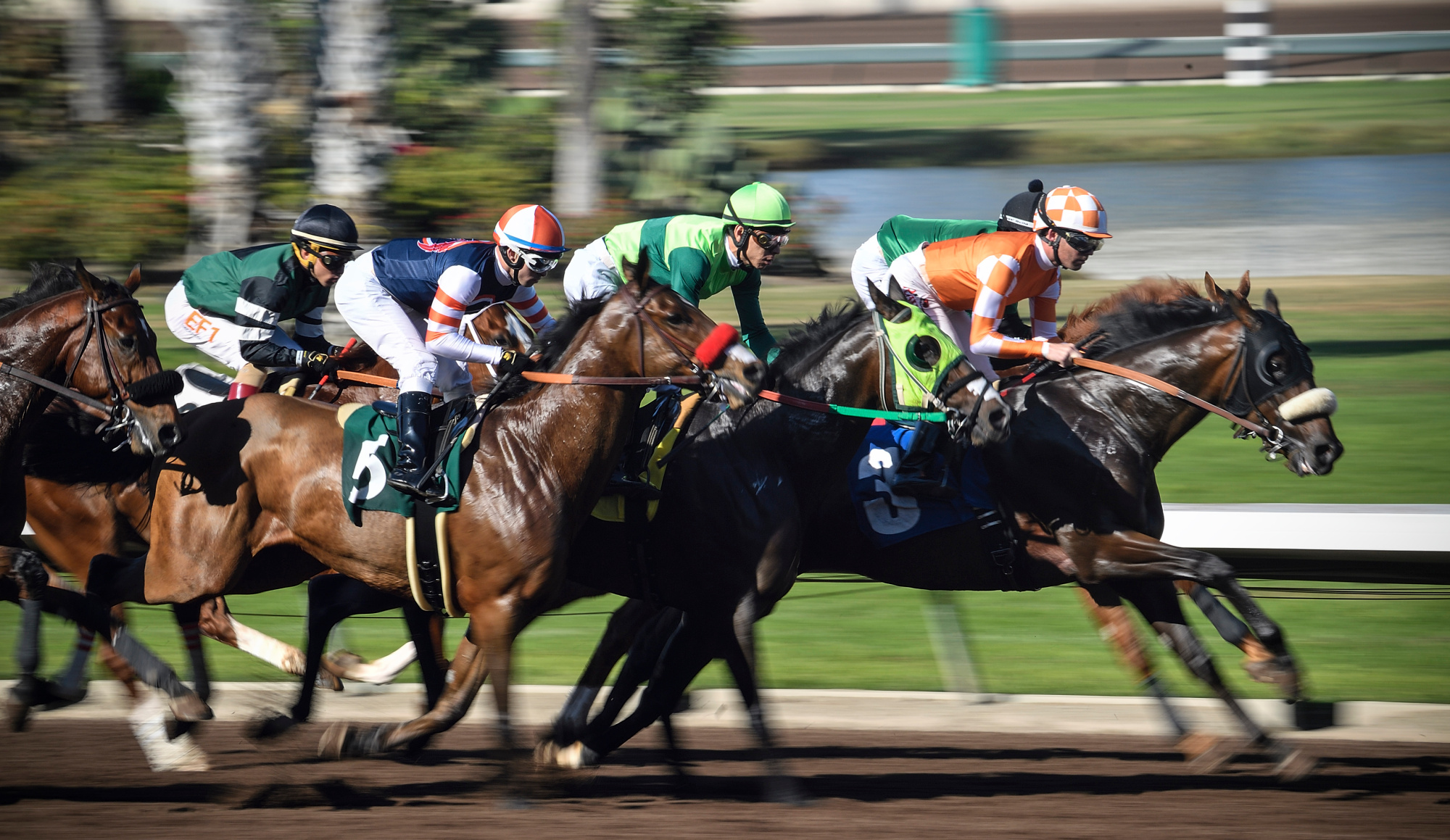
Buy Horse Racing & Rodeo Tickets on TIXpick
You've come to the right place for tickets to your favorite horse racing venues and rodeo events.
100% Moneyback Guarantee
Buy Tickets to Featured Race Track Events on TIXpick
Buy Tickets to Churchill Downs Thoroughbred Racing Events on TIXpick
Buy Tickets to Santa Anita Thoroughbred Racing Events on TIXpick
Buy Tickets to Del Mar Thoroughbred Racing Events on TIXpick
A Brief History of Horse Racing
Horse racing is one of the oldest and most celebrated sports, dating back to ancient civilizations. Evidence of organized racing can be traced to around 4500 BCE, when nomadic tribes in Central Asia domesticated horses. Chariot racing was a popular sport in Ancient Egypt, Greece, and Rome, often featured in grand spectacles like the Olympic Games and Roman circuses.
Mounted horse racing, similar to the modern format, gained prominence in medieval Europe. Knights and nobles organized contests to showcase their horses' speed and endurance. By the 12th century, the influence of Arabian horses—introduced through the Crusades—helped refine European horse breeding, leading to the development of the Thoroughbred in 17th- and 18th-century England.
The first formal horse races took place under King Charles II in the late 17th century, earning him the title of the "Father of the English Turf." In 1750, the Jockey Club was established in England to regulate the sport and ensure fair play. Iconic races like the Derby Stakes (1780) and the St. Leger Stakes (1776) originated during this period. Horse racing spread globally, adapting to regional preferences. In the United States, organized racing began in the 1660s, evolving into a major industry by the 19th century.
The Triple Crown series—comprising the Kentucky Derby, Preakness Stakes, and Belmont Stakes—emerged as the pinnacle of American racing. Today, horse racing remains a worldwide phenomenon, with major events such as the Melbourne Cup in Australia, the Dubai World Cup, and the Prix de l'Arc de Triomphe in France drawing international attention. Despite evolving technology and entertainment options, the sport's heritage, tradition, and thrill continue to captivate audiences around the globe.


